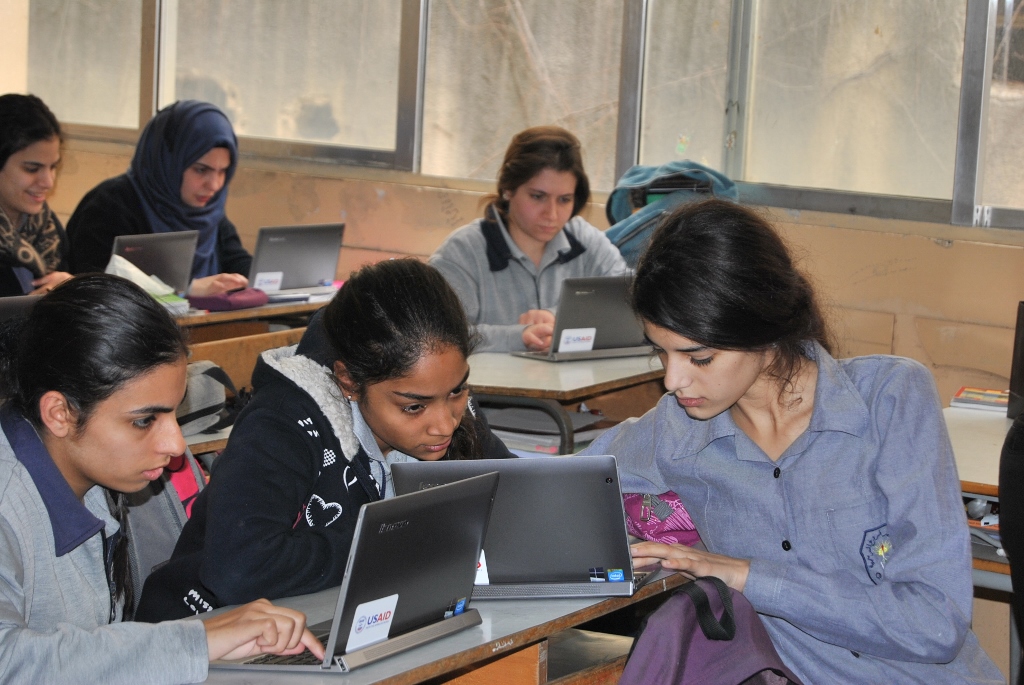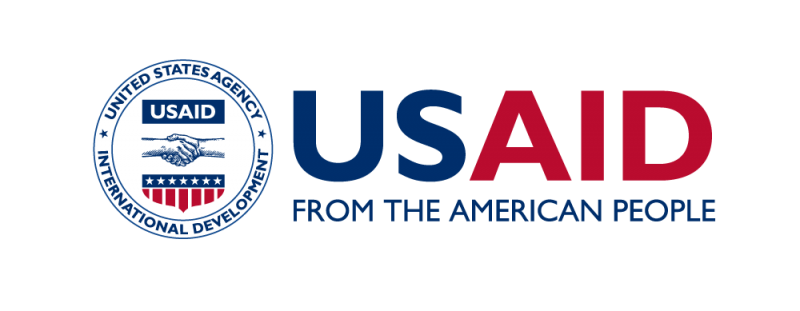-
What We Do
- WHERE WE WORK
-
About Us
 Welcome Message from Carol Jenkins
Welcome Message from Carol JenkinsFor more than 90 years, World Learning has equipped individuals and institutions to address the world’s most pressing problems. We believe that, working together with our partners, we can change this world for the better.
On my travels, I’ve had the opportunity to meet with many of those who have joined us in this mission. In Baghdad, we’ve trained more than 2,300 Iraqi youth who are already giving back at home. In London, our partners in the TAAP Initiative strongly believe that we are all responsible to practice inclusion. And in Vermont, our Experiment in International Living and School for International Training participants prove every day that they have the tools and the determination to change the world.
Please join us in our pursuit of a more peaceful and just world.
- Get Involved

Where We Work > Program List
Developing Rehabilitation Assistance to Schools & Teacher Improvement Program II
DURATION: 09/29/2013 - 03/30/2016
FUNDER: USAID
PARTNER: AMIDEAST
CONTACT: [email protected]
Program Description
The Developing Rehabilitation Assistance to Schools and Teacher Improvement Program II improved public school education in Lebanon.
World Learning implemented the D-RASATI II task order to support the Lebanese Ministry of Education and Higher Education (MEHE) in improving the performance of the country’s public school system. Under FORECAST II mechanism, the program addressed the underlying reasons hindering the delivery of high-quality education on par with the private school system. World Learning worked with partner organizations AMIDEAST and the American University of Beirut and service providers American Lebanese Language Center and Digital Opportunity Trust to carry out the program.
Program Goals
- Improved the performance of the Lebanese public school system to provide a high-quality education on par with the private school system.
- Enhanced the learning environment for students in the public school system.
- Enhanced the knowledge and skills of teachers and school administrators through training and coaching programs.
- Increased parent and community involvement in the public school system’s development.
- Supported schools and communities hosting high concentrations of Syrian refugee students through teacher and staff training in management and psychosocial support skills.
D-RASATI’s Phase 2 was a $24.5 million, two-year project, initially planned to run from October 2013 to September 2015. The program which built on the achievements of Phase 1 and contributed to the implementation of MEHE’s Education Sector Development Plan. World Learning implemented the program to reach the specific objectives of enhancing the learning environments in public schools and providing dynamic learning opportunities for school administrators and teachers, while increasing parent and community involvement in the public school system development. The project involved staff from MEHE and from the Center for Education and Research and Development (CERD) in each of its components to embed institutional capacity building and operational and technical know-how in the structure of Lebanon’s public school system. In response to the situation produced by the Syrian crisis and its impact on the hosting communities and the public education system, D-RASATI 2 received an additional $4.5 million in September 2014 and was extended until March 2016
D-RASATI 2’s activities included developing key strategy and guidance documents for MEHE; a set of standards for extracurricular activities, leadership development, school improvement, and community engagement; a comprehensive national strategy to promote extracurricular activities within the education system including seven modules for schools; an ICT action plan to guide the deployment of ICT across the entire public school system; and training of trainers training materials on ICT, extracurricular activities, leadership development, school improvement, and community engagement.
D-RASATI 2 provided key interactive learning opportunities to public school system administrators on approaches to school development through the leadership development and school improvement. This was coupled with continuous mentoring, coaching, and small grants to put learning into action. The project also provided teachers with English language training to improve the delivery of teaching in English, trained teachers with advanced language skills on language instruction and methodology, delivered intensive coaching on integrating ICT in the classroom, and offered training on organizing and delivering extracurricular activities. D-RASATI 2 provided equal opportunity for all to participate in and benefit from its activities.
In addition to the project’s main activities, D-RASATI 2 focused on schools located in communities hosting high concentrations of Syrian refugees to support the Lebanese government efforts to alleviate the pressure on the public education system as a result of the Syrian crisis. The project conducted trainings on human rights-based management skills and psychosocial support skills for school staff in order to improve social cohesion among Syrian refugees in the classroom and community and established a mechanism to closely monitor these activities and measure the reduction in tensions between students at the school level. Stipends were also available to 65 schools to finance teaching and learning materials to satisfy the needs of the increased student population.
For more information, visit the D-RASATI 2 Facebook page.






